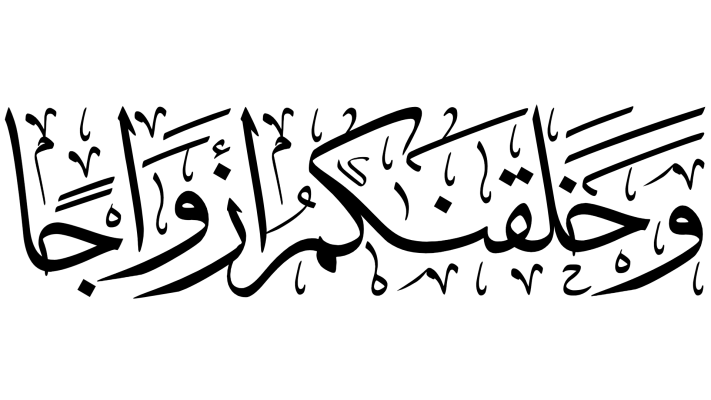Current Section: model

Lesson Divorce
Islam keen is on preserving family life and safeguarding the marital relationship with a covenant that the Quran described as firm, and this firm commitment is the marriage contract.
As an emphasis on how Islam preserves marital relationships, it has instructed husbands to keep their wives and not to divorce them, even if they hate them or they hate things from them. Allah says: (And live with them kindly, and if you dislike them, it may be that you dislike a thing, and Allah will place in it much good.) [An-Nisa: 19] In order not to subject the firm commitment from breaking down. Islam has sternly warned against attempting to drive a wedge between spouses by making a man's wife seem bad in his eyes. Abu Huraira reported Allah’s Messenger as saying: «He who makes a wife seem bad in the eyes of the husband (by mentioning her bad qualities etc) or a slave towards his master is not one of us.» (Abu Dawud, 2175).
Realism of Islam
Although Islam is keen on the continuity of the marital relationship, it is a practical religion, which does not go against people’s instinct and conquer their desires and constrains them, but rather takes into account their conditions, feelings, and needs. It is aware that divorce can be a need or even a necessity at times. That is why in the permissibility of divorce there is great wisdom and ease for people, despite the severity and harm it may cause.
The Legality of Divorce
The legality of divorce was mentioned in many texts in the Quran and the Sunnah of the Prophet ﷺ and the verses and narrations came to regulate its rulings and show the manner in which it is to be done.
Meaning of 'Talaq' in the language
It's the loosening of restraints and setting free.
The Meaning of 'Talaq' in the Legislation.
It is the dissolution of the bond of marriage immediately, or after some time, when specific wording is used. The specific wording can be explicit such as the word 'Divorce'. It can be a word that indirectly means divorce such as the words: You are separated (from me), forbidden (for me) and you are set free, and so on. That which takes the place of words such as writing, clear and understood gesturing. Another word that is attached to divorce is the word “khul'a ” (When a woman seeks separation from her husband through a judge) and the judge’s saying: “I separate the both of you” when the separation occurs.
Benefits of Divorce
The Harms of Divorce
Types of divorce
Revocable Divorce
It is the divorce in which a man signs his wife for the first and second time, and he has the right to take her back as long as she is in the waiting period, without needing her permission or a new contract.
Minor Irrevocable Divorce
It occurs the first or second time but after the iddat (waiting period) expires, in such a case, it is not permissible for him to take her back unless there is a new contract.
Major Irrevocable Divorce
A third divorce, in which the husband does not have the right to take back his wife except with a new contract and dowry after she marries another husband. Then he divorces her - without any prior arrangement for the purpose of her returning to the first husband, or if he dies, leaving her as a widow.
The rulings related to minor and major revocable divorce show clear examples of the virtues of Islamic law. But, of course, divorce is not the end. At the time of the revocable (divorce) or the minor separation of the spouses gives each one of them an opportunity and ample time to reconsider and reflect on the consequences in a calm manner and removed from the pressure caused by marital problems, as well as after the woman’s divorce from her second husband in the major separation, the two parties may find that return is possible and that it is a good option. Still, often this experience is a reason for rebuilding the marriage on firm and solid foundations.
The 'Idda' Period
It is a period specified by legislation after separation - by death or divorce - for which a woman must wait without marriage until the period expires.
The wife has the right to spend her waiting period in her husband's house, and he is responsible for her maintenance, and she is also entitled to inherit if her husband dies while she is in the waiting period. It is forbidden for her to receive proposals from other men during this waiting period, 'Idda.'





